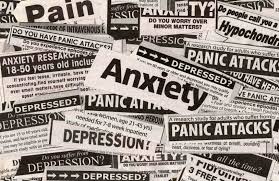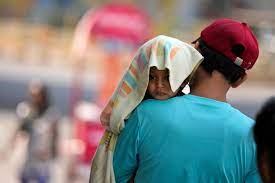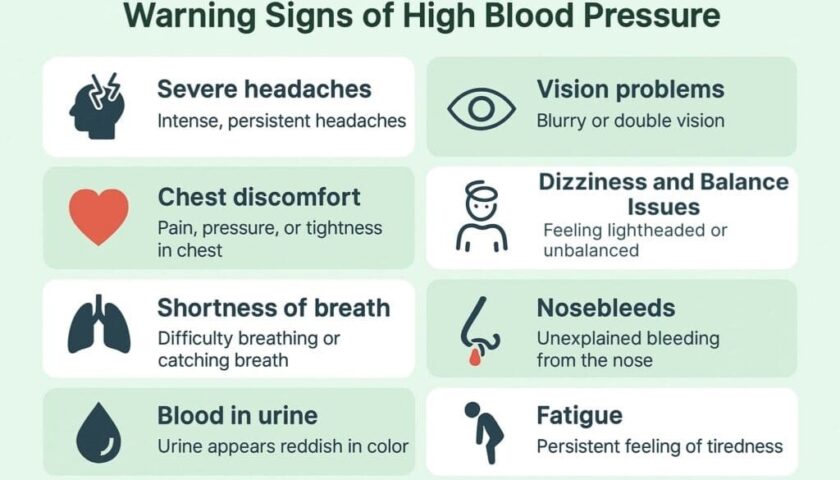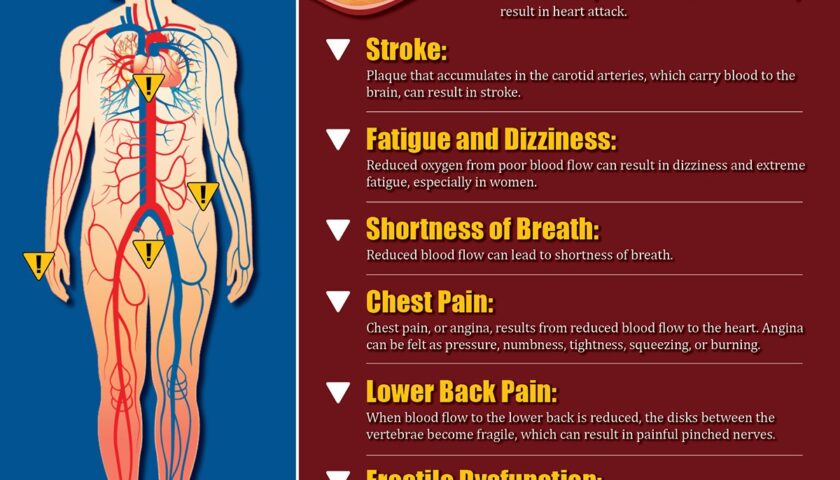Hospitals report increasing number of patients of quake trauma
 ‘Aawha’, roughly translates as “arrived”, is a common call of people in Kashmir as power supply is restored after an outage. This word, however, has taken a new meaning. Now, fear stricken people in Kashmir use it as a warning to shift to safer places during recurring earthquakes.
‘Aawha’, roughly translates as “arrived”, is a common call of people in Kashmir as power supply is restored after an outage. This word, however, has taken a new meaning. Now, fear stricken people in Kashmir use it as a warning to shift to safer places during recurring earthquakes.
The Valley was rocked by at least 30 earthquakes in 2015-2016, most of them registering a magnitude of around five and some touching the magnitude of seven.
The tremors have evoked no response from the government and pre- and post-disaster management continues to remain abysmal. These tremors bring back a grim reminder of 2005 earthquake, which claimed hundreds of lives and wreaked havoc on infrastructure in Kashmir.
With government oblivious to the fear psychosis among people, the continuing instability in Kashmir have adversely affected the mental health of people, particularly children. Government hospitals are receiving increasing number of people suffering from earthquake trauma.
“Certainly earthquakes affect the mental health of people. And due to recurring tremors we are receiving people, who are facing insomnia and acute stress,” says Dr Arshad Hussain, Government Psychiatry Hospital, Srinagar.
The fear among people has grown further as some scientific reports have warned of a major earthquake in Kashmir due to the deformation of tectonic plates in the Hindu Kush region of Himalayas.
“The tremors have created fear psychosis and uncertainty about what the future will bring,” Dr Hussain said while referring to the warning of seismologists.
Officials said since 2009, the Kashmir Valley, which falls in seismic zone V, has been hit by 105 minor and major tremors.
“Around 30 earthquakes hit the Kashmir valley between 2015 and 2016. Tremors rattled Kashmir thrice in January and once in February this year,” Meteorology Department Director Sonam Lotus said.
Three people lost their lives when an earthquake measuring 6.7 on Richter scale hit Kashmir on October 26, 2015. In November and December, the state was hit by six earthquakes with one of them 6.5 on the Richter scale in which two people died of heart attack.
Psychologists say the impact of an earthquake on mental health of people is an invisible disaster. “Since October 2015 earthquake, I have received at least 50 children, who were traumatised by the tremors,” said Abdul Vakil, a psychologist at GB Pant Hospital here. He said these children were suffering from acute stress, insomnia and hallucinations.
However, Dr Hussain suggested parents should not feel panicky in front of children. “Elders are able to cope up with the fear inflicted by the earthquakes. However, children, who fear nothing, could become victim with adverse affects on their mental health,” he said.






